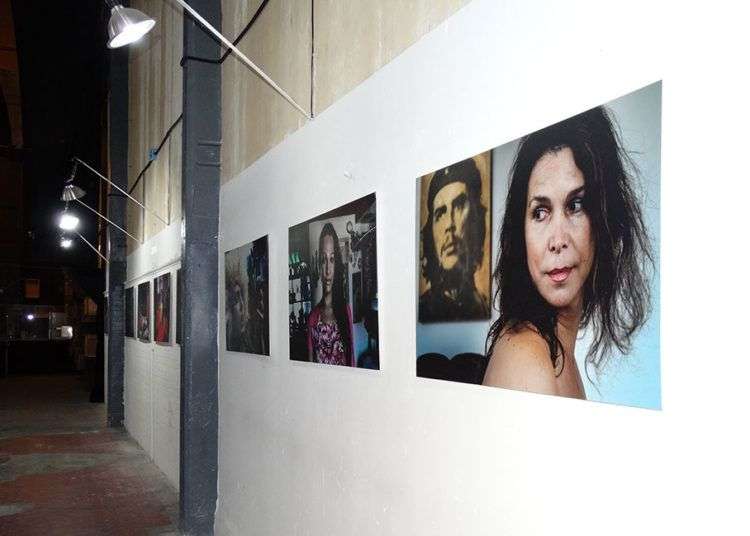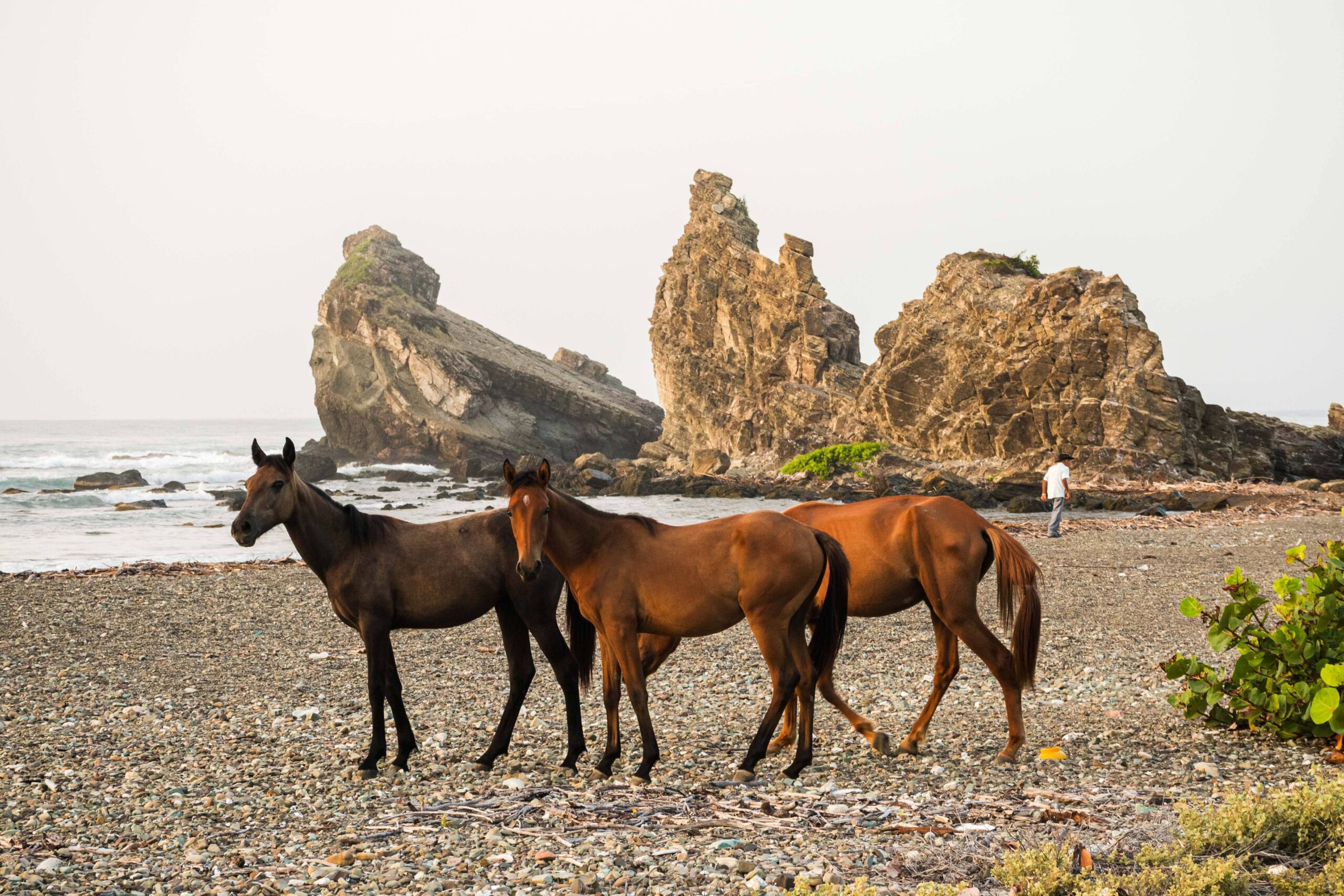Photographic exhibit Fátima XXXXXY, by artist Paolo Titolo¹, was opened last Wednesday at the Fábrica de Arte Cubano cultural center. The sample, which will be moved to the International Press Center, comprises photographs of transsexual girls from different Cuban provinces.
Titolo’s lenses travel around bedrooms, homes and other environments of women who gave away part of their intimacy to make up this catalogue.
“This is a selection of some portraits that conveya message by transsexual people through their experiences and realities”, noted the director of the National Center for Sex Education (CENESEX by its acronym in Spanish), Mariela Castro Espín. “The exhibit is in accordance with a line of research developed at CENESEX, which is about working for the social insertion of these people”, she explained.
Fátima XXXXXY is an approach to trans women and the way they build their femininity according to stereotypes related to this gender; mirrors, hand-fans, long fingernails and big earrings are some of the most outstanding objects in the images. However, the women in this sample go far beyond these clichés and are presented by the side of their life partners and pets or guarded by religious, historical and cinematographic idols.
“With these portraits we want transsexual people to present themselves as they want to be seen by society. In a certain way, this exhibit tries to show how arts can work for society by the hand of sciences; that’s our way of raising people’s awareness among the Cuban population regarding the need of working together to change some ways of thinking”, Castro Espín explained.
Furthermore, specialist Jorge Fernandez pointed out in the forewords of the catalogue that Titolo’s models positions are derived from themselves “as overexposing their individuality, as traces of an identity built in absolute creativity” and added that the photographer “masterly linked photographic plains to keep spectators focused. He is not interested on decomposing images; he would rather let them amaze him”.
The opening of the exhibition was attended by some of the models in the photographs, as well as other members of the TrasnCuba network, a space coordinated for CENESEX for bringing together transsexual people. TransCuba works on sexual health and sexual rights and makes emphasis in their professional improvement for the purpose of making their insertion in society easier.
Even though the media has attempted to make LGBTI population more visible in informative and staged programs, their problems are still not properly addressed in these spaces, which portray these characters within marginalized environments. Stigmas and discrimination of trans men and women begin within the family, continues at school and ends in the street; hence, the need of creating friendly scenarios for dialogue and inclusion.
Titolo’s photographs are away from discriminating looks and present these people away from the usual condition of victims they have been subjected by society and power.
The photographer expressed to have felt very comfortable while working with his models and said every portrait was the result of the spontaneity of his models.
Last March Fátima XXXXXY was exhibited at the Brownstone Foundation in Paris as part of the International Symposium Genres / Cultures / Companies – Questions about the transidentity with the support of the Cuban embassy in France.
¹Paolo Titolo (Palermo, Sicilia, 1958), Italian photographer. He published photographic reports from 1980 to 1986 in Italian and foreign journals. He worked from 1987 to 1993 for photojournalism agencies in Italyand Germanywith numerous articles on social issues in nations such as India, Germany, Italy, Venezuela, Tunisia, Cuba and Spain. From 2012 on, he retook his activity as photographer and documented events for promoting and defending LGBTI people’s rights in Cuba, led by the National Center on Sexual Education (










